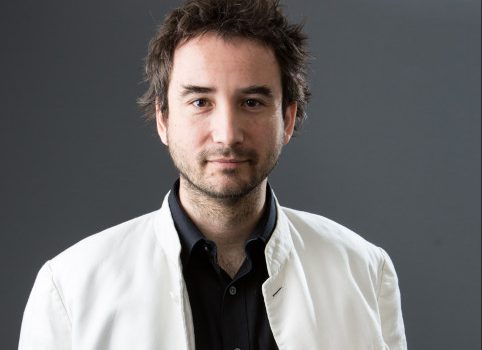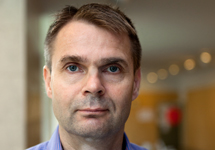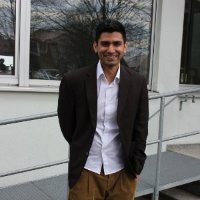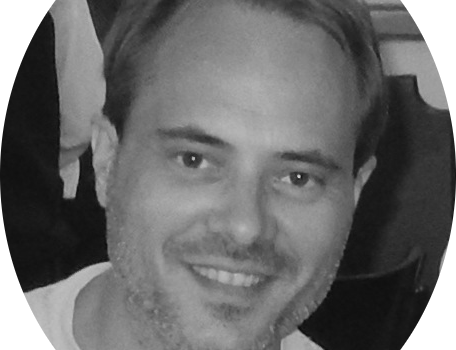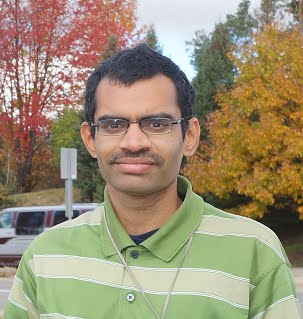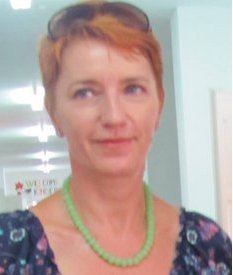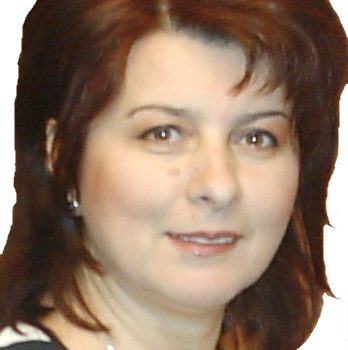Abstract
Recent advances in synthetic biology and chemistry are making it possible to form
networks consisting of nanoscale devices—known as nanomachines—with
applications in medicine and environmental protection. These nanoscale devices,
often known as nanomachines, have a limited ability to sense their environment,
communicate and take simple actions. A key potential application is therefore event
detection, where the nanoscale network seeks to identify the presence of an
undesirable state, such as markers of an illness.
To support event detection, the nanoscale network must be able to communicate
observations from sensing nanomachines to a fusion center, where a decision can
be made. Due to strict size and energy constraints, this communication is a
challenging problem. Recently, a new approach known as molecular communication
has been proposed, where information is encoded in the state of molecules, such as
the release time, number, or type of molecules, which diffuse from the transmitter to
the receiver through a fluid. This new medium has dramatically different features
than traditional electromagnetic and accoustic media, which requires new channel
models, as well as encoding and decoding strategies.
In this seminar, I will introduce the principles of molecular communication,
highlighting the differences from traditional communication schemes. I will then show
how molecular communication can support collaboration in nanoscale networks. In
particular, I will present a new event detection scheme for nanoscale networks,
which accounts for the unique characteristics of the underlying molecular
communication links—known as the anomalous diffusion channel.
Speaker biography
Mai Cong Trang currently is PhD candidate in Molecular Communications under the
supervision of Dr. Trung Q. Duong at Queen’s University Belfast and Dr. Malcolm
Egan at INSA Lyon. He received the B.S. degree in Electronic and Electrical
Engineering in 2008 at Le Quy Don Technical University, Vietnam. Then, in 2013, he
received the M.S. degree in Electronics and Communications Engineering at The
University of Electro‐Communications, Japan. His current research interests include
Molecular Communications, Nanomachine Networks and Bio-inspired Networks.
https://sites.google.com/view/maicongtrang/
